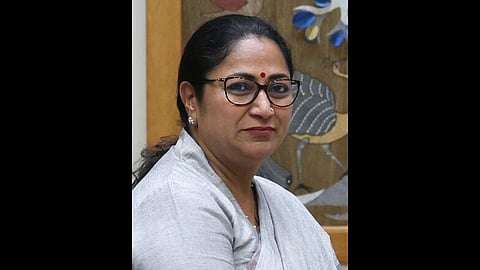These seven hospitals—located in Sarita Vihar, Dilshad Garden, Raghubir Nagar, Shalimar Bagh, Kirari, Geeta Colony, and Sultanpuri—were initially launched by the previous government during the COVID-19 pandemic to address ICU bed shortages. However, most of them remained incomplete due to funding gaps, planning delays, and cost escalations.
Blaming the previous administration for the poor planning, CM Gupta said the underdevelopment of Delhi’s healthcare was a direct result of corruption and mismanagement. To overcome these setbacks, her government now plans to adopt a Public-Private Partnership (PPP) model to speed up construction and operations.
Expanding Infrastructure and Medical Workforce
During her address, the CM highlighted the alarming state of medical infrastructure during the pandemic, noting that Delhi had just 0.42 hospital beds per 1,000 residents. Of the 38 government hospitals, there were only six MRI machines and 12 CT scan machines—numbers far below what a city of Delhi’s scale demands.
She assured that the government is also actively working to address staff and equipment shortages, including hiring more doctors and ensuring timely availability of medical equipment and medicines.
Once completed, the seven upgraded hospitals are expected to add 6,836 ICU beds and create around 42,000 new jobs for doctors, nurses, paramedics, and other support staff, providing a much-needed boost to the capital’s strained health system.


